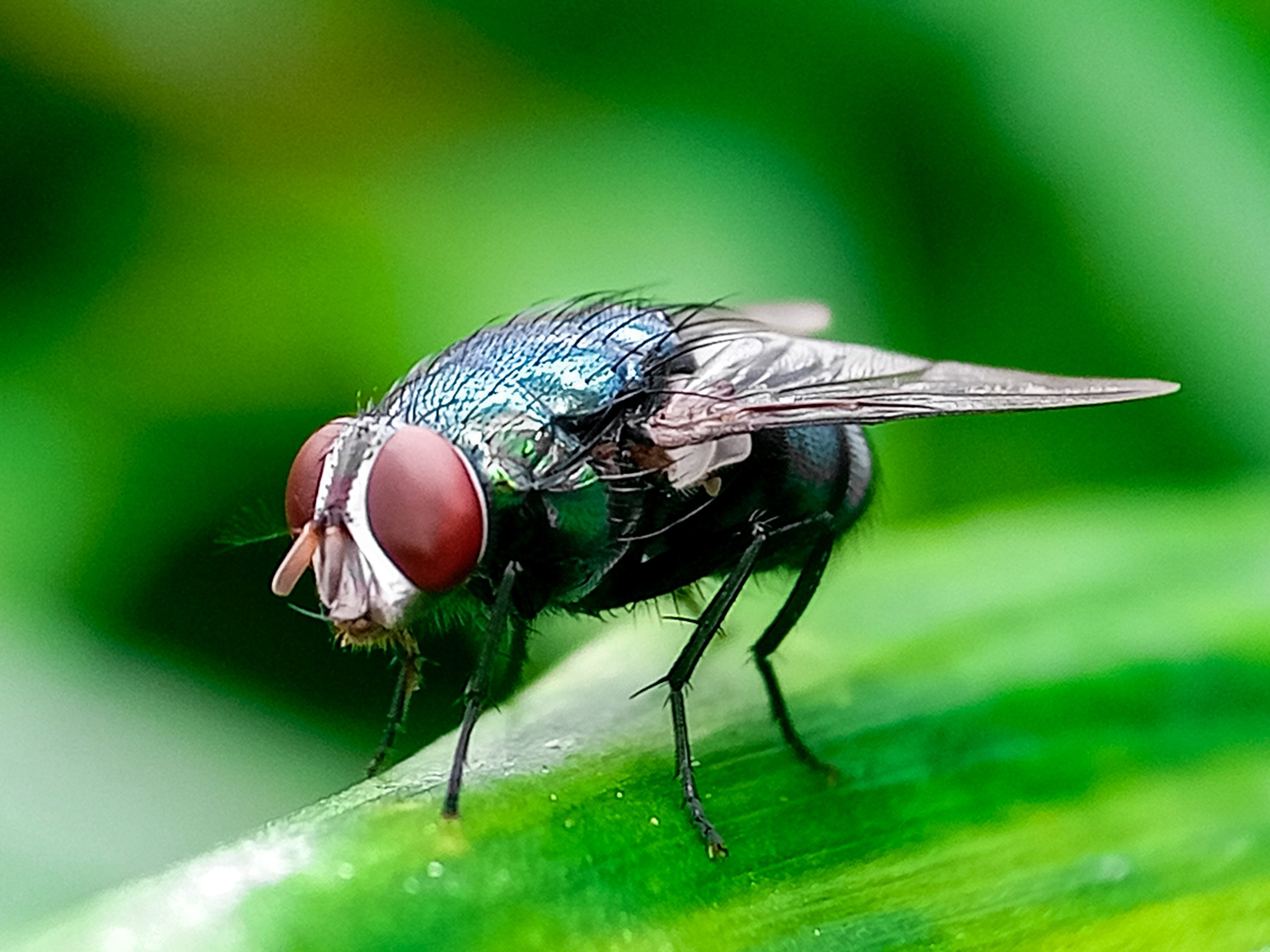Earlier this week, Hong Kong voted to end its ivory trade. The bill also included an increase for maximum penalties –10 years in jail.
Supporters see the ban as closing a large loophole since most of the world banned ivory trade in 1990 with the Convention on International Trade in Endangered Species of Wild Fauna and Flora, or CITES. Although only antique ivory from before the 1970s was supposed to remain for sale in Hong Kong, large shipments of ivory of various ages have been intercepted on their way there as recently as July.
Opponents of the ban fear that the bill is punishing those craftspeople and others who have been working legally in the ivory business for the past few decades since it provides those workers with no compensation or assistance for new livelihoods.
This bill passes just weeks after China’s ivory market closure came into effect as well. Critics feared that other other countries with loose laws would be targeted for smuggling.
The crackdown by Hong Kong law is one step, but a report by TRAFFIC in late December showed Japan could be the next target for illegal trade because their domestic market is poorly regulated and crime is well-organized.
Sources: New York Times



